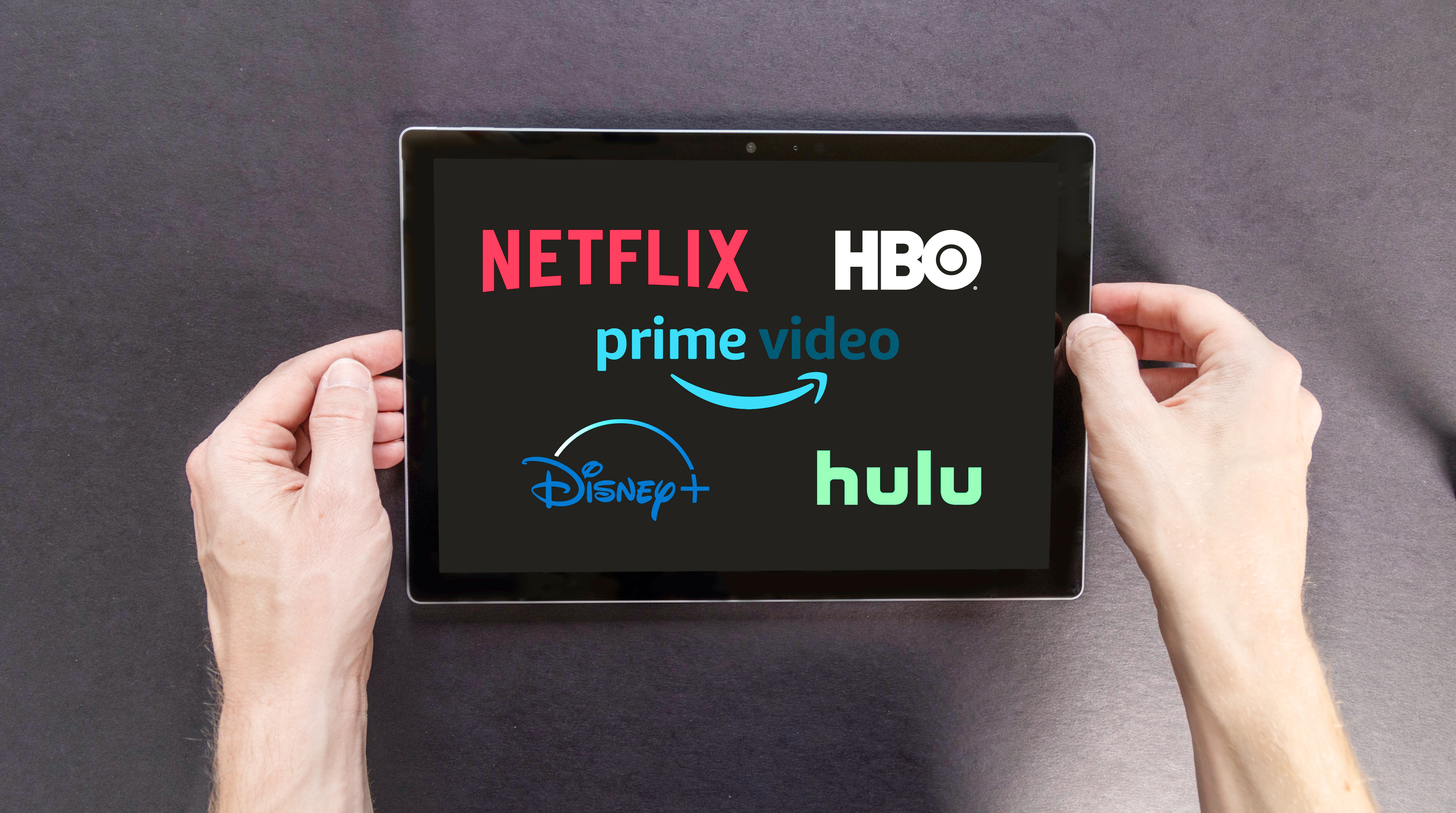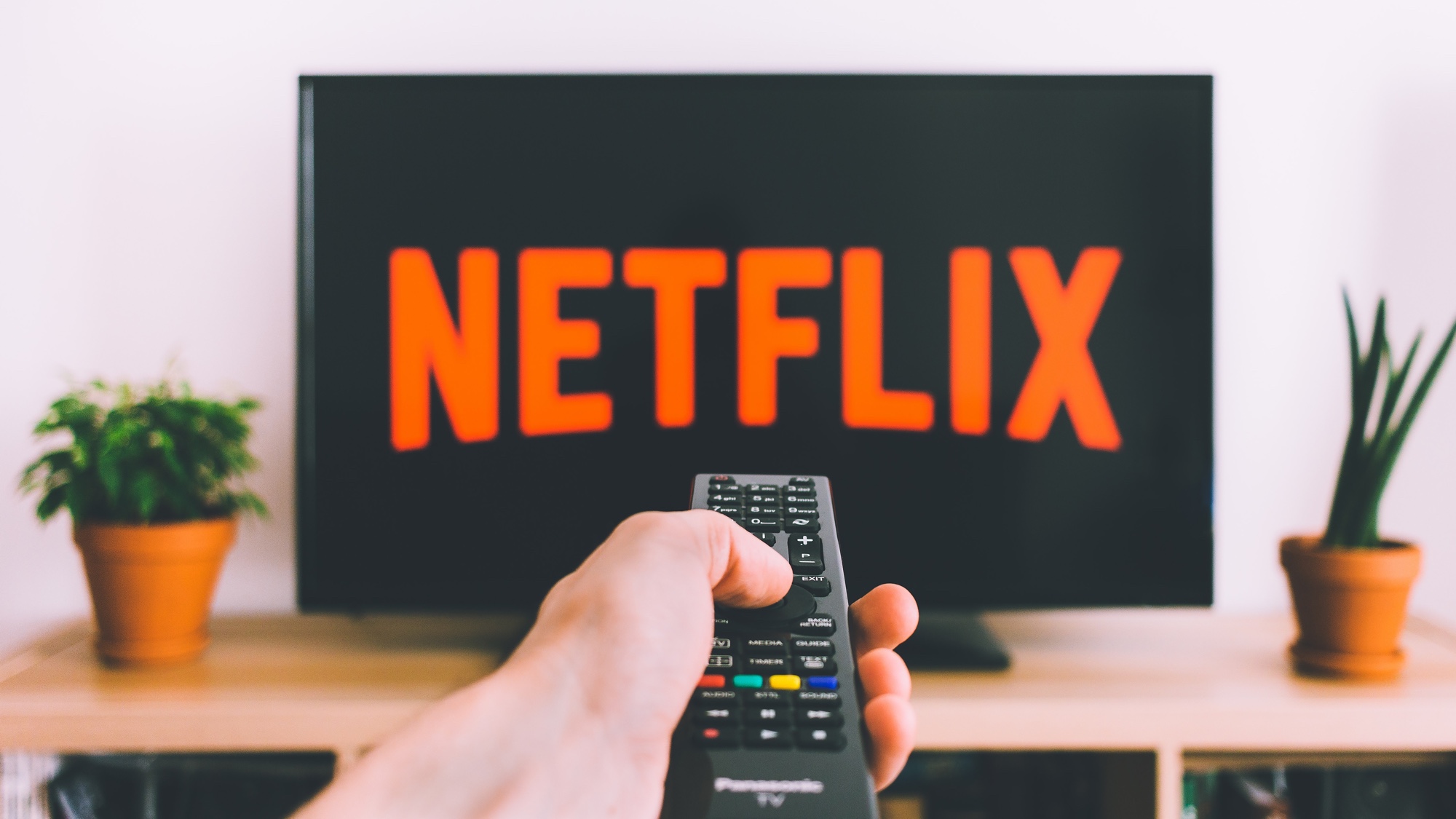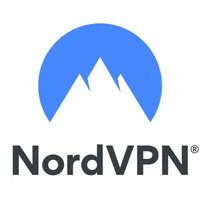How to use a VPN for streaming
A VPN can get you access to tons more content – here's how

Beyond staying anonymous online, the best VPN services have a ton of uses – and accessing more TV and movies is one of the biggest. In fact, when we asked our readers what they used their VPNs for, more than half of them said that they used a VPN for streaming, and a hefty 10% claimed that this was more important to them than the privacy benefits.
But how does it work? Well, streaming sites like Netflix offer different content in different regions, meaning that if you’re abroad, you won’t have the same selection to choose from. This is called geo-blocking. By using a VPN, you can virtually change your location and trick your chosen streaming site into showing you content that would typically be blocked in your physical location.
So, here we’ll explain exactly how to use a streaming VPN. Before that, though, we’ll quickly explain how VPNs work with different streaming sites – spoiler alert: there’s no one-size-fits-all approach.
How VPNs work with different sites
Different streaming sites geo-block their content in different ways. Some are only available from a certain country, while others show different content depending on your location. Below we’ve outlined the biggest.
Netflix: Arguably the most popular streaming site to use a VPN with, Netflix probably offers the most value for VPN users. Netflix licences content in certain territories that’s licenced by other streaming providers in others. So, for example, The Silence of the Lambs is available on Netflix in Canada, but elsewhere it’s only available on other streaming sites. US viewers might consider using a Netflix VPN to virtually relocate to Canada to watch the movie.
BBC iPlayer: The BBC’s streaming service carries a huge amount of both British and global TV, but it’s only available in the UK. If you’re anywhere else, you won’t be able to watch. This can be a problem for Brits abroad, and using a BBC iPlayer VPN to spoof your location back to the UK is an easy fix. Be aware, though, that to watch BBC iPlayer you are expected to be a TV licence holder.
Amazon Prime Video: Prime works slightly differently. Wherever you are in the world, you'll only be able to watch content from the country you signed up in. However, if you go abroad, you'll find there's very little to watch. By using an Amazon Prime VPN, you can virtually head back home and watch everything you pay for.
Disney Plus: While not as extreme as Netflix, Disney Plus does restrict some content – most notably Star content – in some regions. To get access to this, just use your VPN to change location to a country that has full access.

How to use a streaming VPN
The first thing you’ll need to do is sign up to a quality VPN – we recommend ExpressVPN and NordVPN as frontrunners for streaming. ExpressVPN is our top choice overall, and the support team is very helpful should you find access is blocked to any particular service. NordVPN provides a similar service for a slightly lower price – although its apps are a little less intuitive.
- Make sure you’re signed in to your streaming site of choice. Signing in when connected to a VPN has proven problematic in our testing, so make sure you’re ready to go before you connect. Once you’re signed in, close the tab.
- Launch your VPN, and connect to your chosen server.
- Open the streaming site in your browser.
- Search for your chosen TV show or movie.
- Enjoy!
What if it doesn’t work?
On rare occasions, even the most reliable VPNs can have issues with accessing streaming content – especially with Netflix. If you find this happening to you, there are a couple of things to try.
First of all, test out a couple of different servers in your chosen location. Some VPNs allow you to select certain cities, while others automatically connect you to the best server. In any case, this ‘turn it off and on again’ approach often remedies any issues.
If you’re still having problems, it’s time to contact your VPN provider. Most of the top VPNs have a live chat feature, so just open that up and get chatting to a member of the team. They should be able to point you in the right direction, and should have up-to-date info on the best servers for each particular streaming service.
If all else fails, most VPNs also offer a 30-day money-back guarantee. If you’re within that period, you’re well within your rights to request a refund, and try a different VPN.
What do we recommend?
ExpressVPN stands out from the competition in terms of price, features, and value. With over 3,000 servers in 94 countries, all the security features necessary, blazing connection speeds, and reliable access to multiple streaming services, ExpressVPN is an excellent choice for those after a premium service with no compromises.
Possibly the most famous VPN around, NordVPN provides a watertight security with really usable apps – plus an excellent track record of accessing restricted content. With over 5,000 servers you’re bound to find one that provides great connection speeds, and you’ll also be able to install it on pretty much any device you own, too.
Get instant access to breaking news, the hottest reviews, great deals and helpful tips.

Mo has been rigorously testing, reviewing, and analyzing VPN services at Tom’s Guide for more than five years. He heads up the three-person Tom's Guide VPN team, and is passionate about accessibility: he believes that online privacy should be an option that’s available to everyone. NordVPN and ExpressVPN are the products he uses most on a daily basis, but he experiments weekly with all the top services, evaluating their privacy features, connection speeds across various protocols, and server reliability – among other things – so that he can make confident VPN recommendations that are backed by data. To see his latest advice, head over to Tom’s Guide’s best VPN and best free VPN guides.
 Club Benefits
Club Benefits







